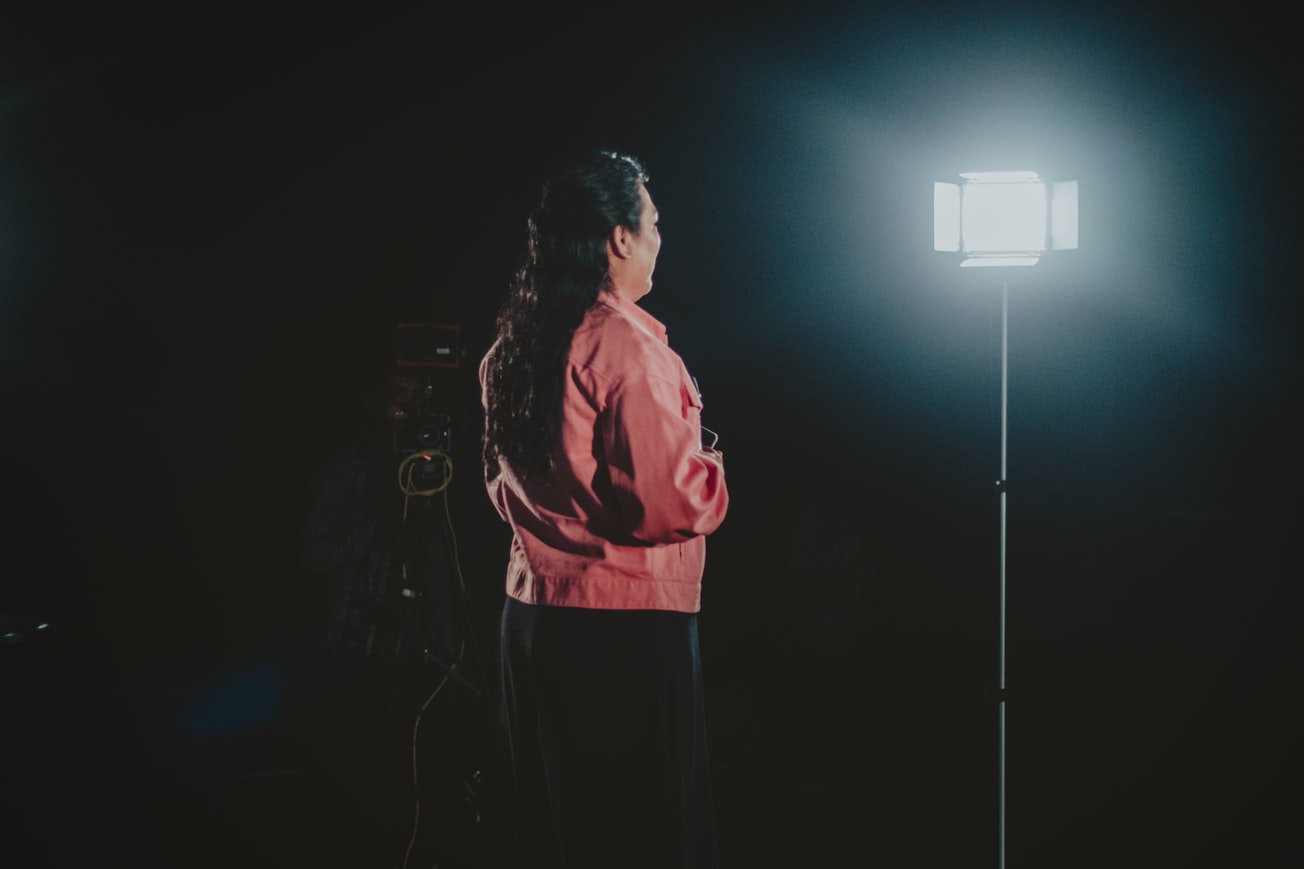What is it about?
Teaching a business class is analogous to performing in a show. Part of it can be scripted and thoroughly rehearsed and prepared (e.g., PowerPoint slides and pre-recorded videos, etc.), though improvisation when unscripted and uncertain incident occurs is inevitable in order to keep the show going. Similar to performing, teaching involves both art and science. Through five frames as lenses using the "Yes, and..." principle of improv, we present an outside-of-the-box perspective to examining innovative ways to interact with and engage our students in active learning and critical thinking.
Featured Image

Photo by Melyna Valle on Unsplash
Why is it important?
Business leaders and managers often need to make difficult and timely decisions when there is only partial and/or one-sided information available as consequences are in sight. While fixed-paced, didactic lecturing continues as the dominant pedagogical approach in business classrooms primarily due to ease of assessing learning outcomes in solving relatively well-defined problems, it is not sufficient to foster active learning and critical thinking. This paper provides an innovative approach through performing improv to engage the students to share the ownership of the learning experience with the teacher.
Perspectives
Confronting the ever-changing global business environment that is disruptive in nature, business schools must engage their students to not only acquire "known knowledge" as foundation, but also discovering "new knowledge" in order to make a difference. Complex real-world problem-solving situations like those happen in boardrooms (or operating rooms) - though rarely have absolute correct answers since every case is different - often require immediate responses and answers with severe consequences. I think the innovative approach involving improv principle of "Yes, and..." presented in this paper gives our business students an opportunity to more directly "wear a hat" and construct a scenario with the teacher and other peers unique to that particular class experience. Hopefully the sum of all those unique experiences can trigger intellectual "new knowledge" and help our students develop into future business leaders in the field through continuous engagement, relentless innovation, and maximized impact to benefit our communities and society.
Dr Roger Yin
Univ. of Wisconsin-Whitewater
Read the Original
This page is a summary of: Five Frames to Promote Innovative Business Education: Lessons Learned from the Art and Science of Improv, Decision Sciences Journal of Innovative Education, July 2015, Wiley,
DOI: 10.1111/dsji.12067.
You can read the full text:
Contributors
The following have contributed to this page







